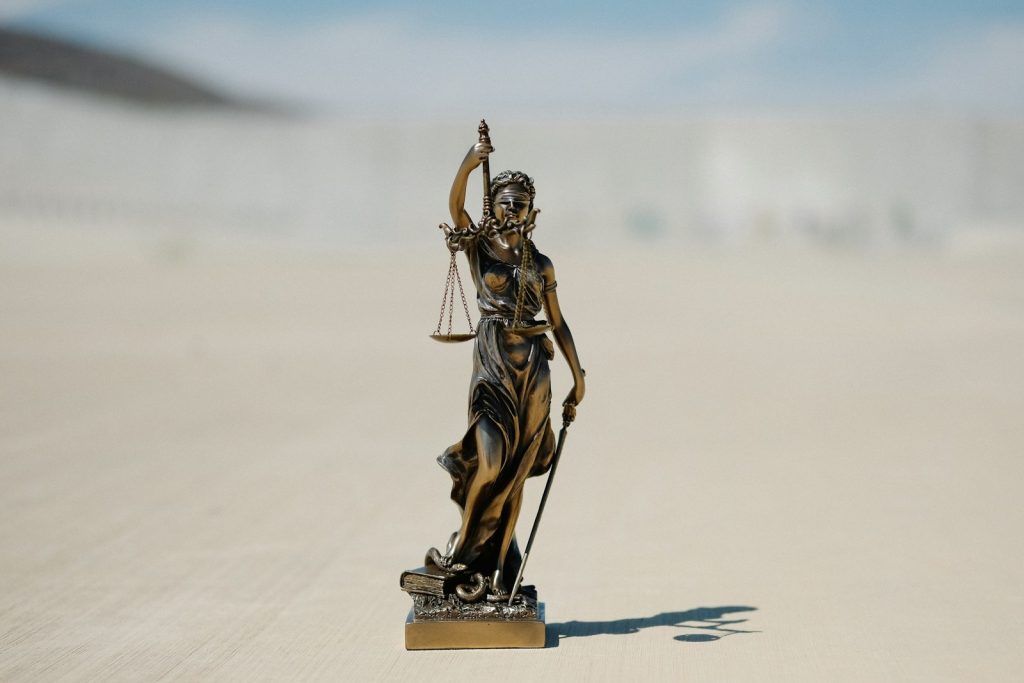 Before considering legal action for defamation in Nigeria, it is important to explore alternative dispute resolution methods such as arbitration, conciliation, and mediation. These approaches can often save time and resources compared to Litigation. However, when one’s reputation is at stake, legal action may become necessary to seek justice and deter future incidents.
Before considering legal action for defamation in Nigeria, it is important to explore alternative dispute resolution methods such as arbitration, conciliation, and mediation. These approaches can often save time and resources compared to Litigation. However, when one’s reputation is at stake, legal action may become necessary to seek justice and deter future incidents.
In establishing a Defamation Case in a Nigerian court, a plaintiff must demonstrate three key elements:
- The statements were defamatory in nature
- The statements specifically referred to the plaintiff
- The statements were published or communicated to third parties
Types of Defamation is categorized into two forms:
- Libel: Written or permanent defamatory content (e.g., emails, social media posts, articles)
- Slander: Spoken or transient defamatory expressions (e.g., verbal comments, gestures)
Key Distinction: Libel is actionable per se, meaning damage is presumed without proof of special harm. Slander, however, generally requires proof of actual damage, with some exceptions.
In libel actions, the plaintiff must prove:
- The content is defamatory
- It refers to them specifically
- It was published to third parties
Upon establishing libel, the victim may be entitled to:
- General damages for reputational harm and emotional distress
- Aggravated damages if the defendant shows no remorse
Eligibility to Sue
- Any human being
- Companies with a business reputation
- Note: Defamation claims do not survive death
Pre-Action Considerations
- Legal Capacity: Both plaintiff and defendant must have the legal standing to sue or be sued.
- Statute of Limitations: Ensure the claim is within the prescribed time limit (e.g., 3 years for slander cases).
- Jurisdiction: File the case in the appropriate court. State High Courts typically have jurisdiction over defamation cases, including those involving online contents.
Legal Process to initiate a defamation lawsuit:
- Engage a qualified lawyer
- File necessary court documents and evidence with the appropriate State High Court
- Your lawyer will represent you in court
- Seek appropriate remedies such as damages, injunctive relief, or any other reliefs.
It’s important to note that defamation can also be a criminal offense in Nigeria. Various laws, including the Criminal Code, Penal Code, and Cybercrimes Act, outline criminal penalties for defamatory acts. These may include fines and imprisonment.
For instance, the Criminal Code states: “Any person who publishes defamatory matter is guilty of a misdemeanour and liable to one year’s imprisonment. If the person knowingly publishes false defamatory matter, they are liable to two years’ imprisonment.”
However, it’s crucial to remember that any limitations on freedom of expression must meet a three-part test:
- Be based on valid law
- Serve a legitimate purpose
- Be necessary and proportional
When considering legal action for defamation in Nigeria, it’s essential to weigh these factors carefully and consult with a Lawyer to determine the most appropriate course of action.
